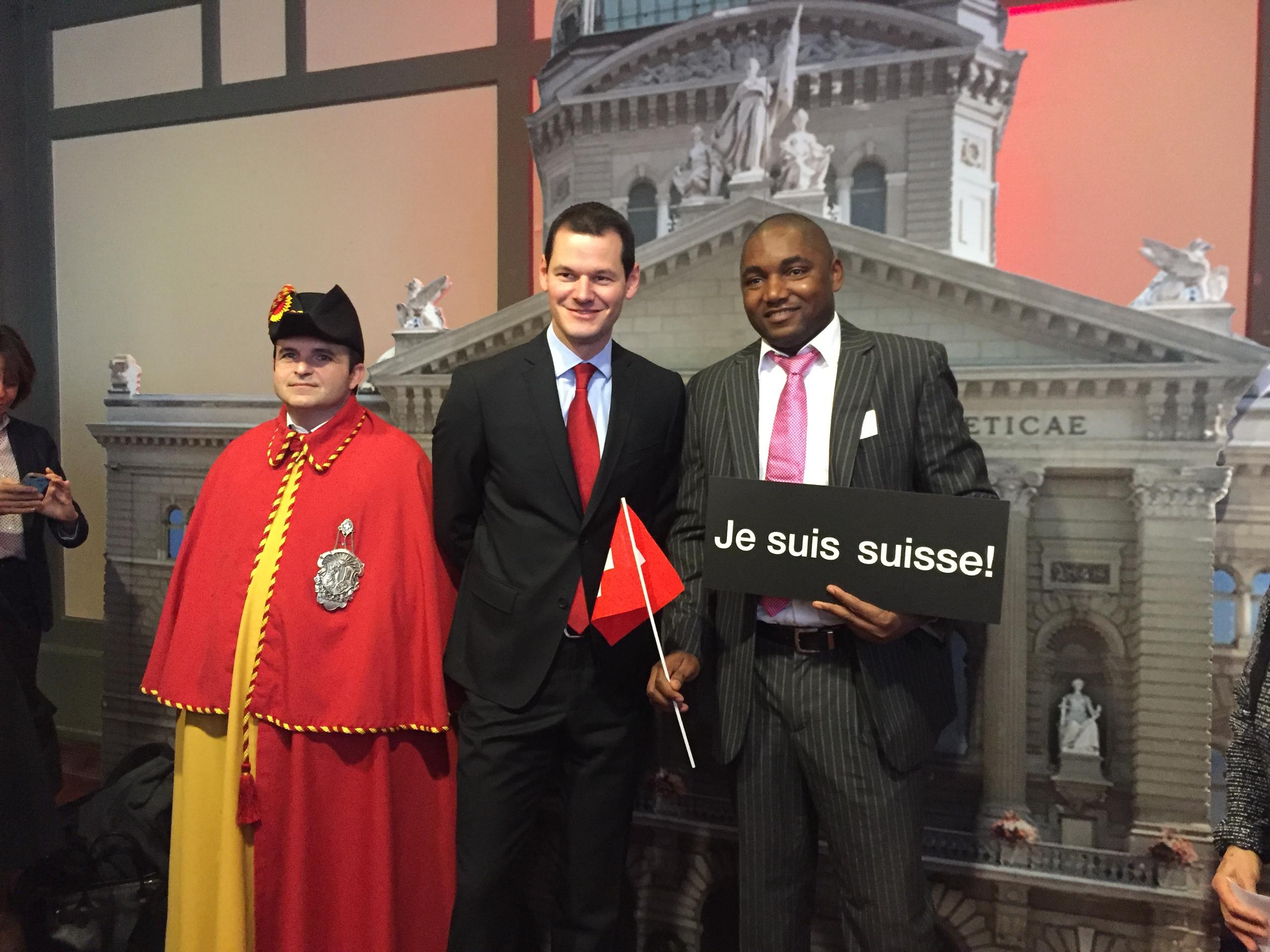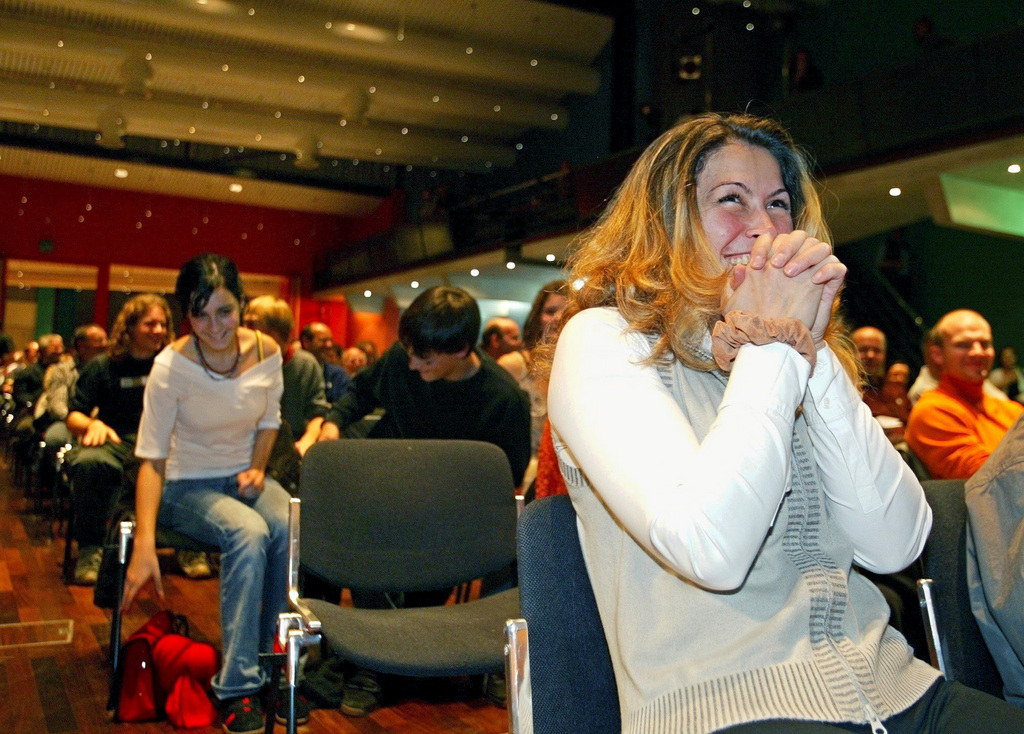Swiss divided on fishing among foreigners for new citizens

The approaching deadline for tougher naturalisation laws in Switzerland has sparked a debate on how far cantons should go to inform foreign residents about the changes. Some cantons are actively courting new citizens from among foreign ranks while others are less active.
Nowhere have hackles been raised to a greater extent than in Zurich where the centre left mayor and justice minister are openly fishing for new Swiss citizen recruits. Letters have been sent out to 40,000 expatriates living in the city, warning them it will become tougher to get a red passport from the start of next year.
The letters, sent in March, urge more foreigners who are eligible for citizenship to take the plunge before it is too late. The city authorities recently told the Tages Anzeiger newspaper that 1,000 people had since applied for citizenship, but could not say if this was a direct result of the letter.
Zurich’s Justice Minister Jacqueline Fehr followed this up with letters to local community council members, asking them to look favourably on such applications. The local branch of the rightwing People’s Party is furious that tax payers’ money has been spent on the exercise.
The furore has reached federal parliament level too, with Thomas Matter of the People’s Party arguing that mass naturalisation is “more dangerous” than mass immigration. He is concerned that left wing parties are trying to pinch votes as people with foreign roots are thought more likely to vote for left of centre policies.
Proactive or not

More
Becoming Swiss: ‘Where do I sign?’
Cantons Vaud and Geneva, in the western French-speaking part of Switzerland, have been actively courting foreign residents for years with barely any fuss. The rate of naturalisations has exploded in both cantons as a result. In Vaud, the rate is three times the Swiss average, says the Tages Anzeiger.
Geneva has 90,000 eligible foreign residents, according to local parliamentarian Pierre Maudet. Ten percent of these people will not qualify for citizenship next year when the rules tighten. It is a “basic stupidity” to be against naturalisation, he told Swiss public television SRF.
Elsewhere, the situation is mixed. Basel City decided in 2012 to adopt a proactive approach to foreign residents who the authorities invite each year to an information event on becoming citizens. In the Swiss capital of Bern, however, there is no such urgency to acquire more citizens from foreign ranks.
In 2014, Bern introduced a rule insisting that applicants pay back all welfare payments from the last decade before they can be considered for citizenship.
From 2018, anyone who wants to become a Swiss citizen will have to vault higher hurdles thanks to changes in the law.
The period of residency for non-facilitated naturalisations will fall from 12 years to 10, but applicants need to prove language proficiency and stay in one canton for a set period of time. Only holders of the top ranked C residency permit will be allowed to apply.

In compliance with the JTI standards
More: SWI swissinfo.ch certified by the Journalism Trust Initiative











You can find an overview of ongoing debates with our journalists here . Please join us!
If you want to start a conversation about a topic raised in this article or want to report factual errors, email us at english@swissinfo.ch.